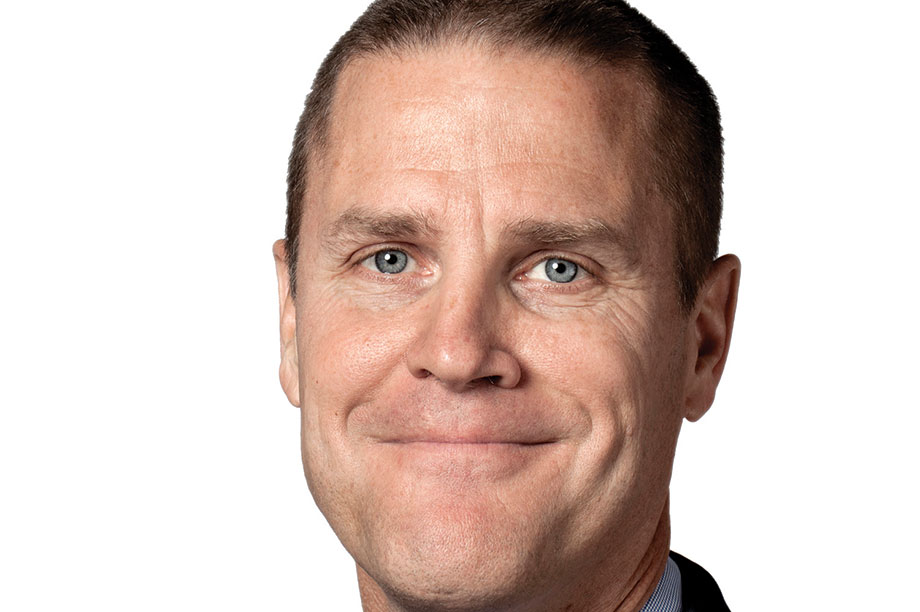The last projects to benefit from the reducing $23/MWh credit must be complete by 2021.
"We have to become energy analysts. That means, how do we get as much as we can out of the PTC period, both in terms of getting turbines installed and industrialisation of the industry," says Brown, who is also incoming chair of the board of directors of the American Wind Energy Association (AWEA).
The main issue is how the industry will address the $23/MWh gap post-PTC. "There will be a little 'valley of death' post-2021," he predicts.
Will the industry be in full-on execution mode for the next few years, neglecting research and development in its rush to get steel in the ground? "Hell no. You have to chew gum and walk at the same time. We must act now as if we are a commodity industry. We can't wait until 2018," he says. "The road map is clear. We either innovate or we die."
For a manufacturer such as Vestas, addressing the expiry of the PTC means utilising advances such as taller towers, longer blades and smart data to cut the cost of operations and maintenance.
Brown says he is optimistic, and cites a November 2015 report by financial firm Lazard estimating that onshore wind's levelised cost of energy (LCOE) is already significantly cheaper than new coal, natural gas or nuclear power plants in America.
Wind also fares well compared with other renewable technologies, averaging an unsubsidised LCOE in the US of $32-77/MWh, whereas utility-scale solar is $50-70/MWh.
What of the Bloomberg New Energy Finance (BNEF) projection that utility-scale solar will be cheaper, on average, than wind in the US by about 2030, although wind will remain cheaper in some regions such as the Great Plains? "There's plenty of market for both of us in the shorter-term, but in the longer-term ... do we start a civil or uncivil war?"

.png)



.png)









